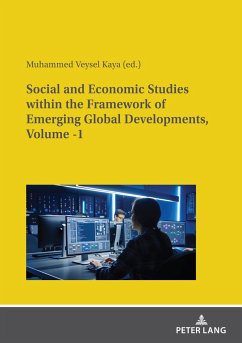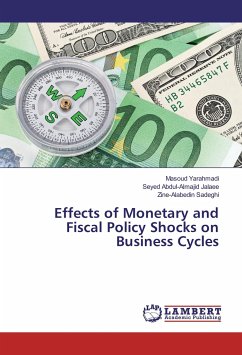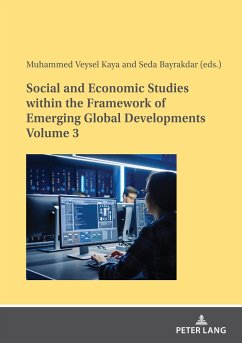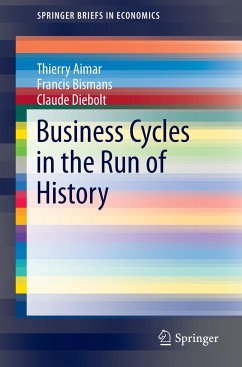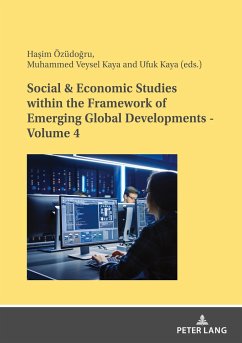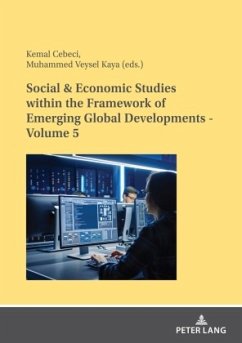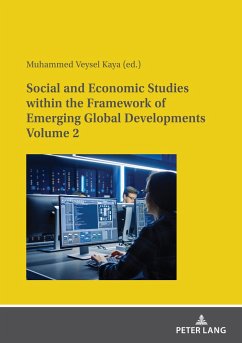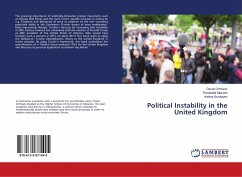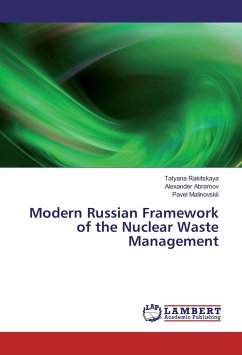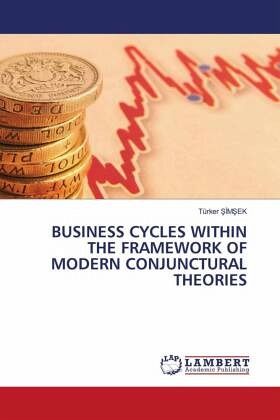
BUSINESS CYCLES WITHIN THE FRAMEWORK OF MODERN CONJUNCTURAL THEORIES
Versandkostenfrei!
Versandfertig in 6-10 Tagen
40,99 €
inkl. MwSt.

PAYBACK Punkte
20 °P sammeln!
Conjunctural fluctuations have been a topic of discussion since the 19th century and have gained significance in economic literature after the Great Depression. These fluctuations have attracted increasing interest due to their recurring nature in economies, while economic schools have differing opinions on their causes. Despite efforts to maintain economic stability and continuity, empirical analyses reveal that economies experience fluctuations, with economic indicators not consistently increasing or decreasing. This poses a challenge for economists as they strive to explain these fluctuatio...
Conjunctural fluctuations have been a topic of discussion since the 19th century and have gained significance in economic literature after the Great Depression. These fluctuations have attracted increasing interest due to their recurring nature in economies, while economic schools have differing opinions on their causes. Despite efforts to maintain economic stability and continuity, empirical analyses reveal that economies experience fluctuations, with economic indicators not consistently increasing or decreasing. This poses a challenge for economists as they strive to explain these fluctuations through various theories. This study contributes to the existing literature by exploring the perspectives of Orthodox and Heterodox Economic Schools and examining the relationship between politics and economics. Divided into three chapters, the study delves into the theoretical framework, traditional and modern conjuncture theories, and the relationship between economics and politics, aiming to provide clarity on conjunctural fluctuations and their impact on economic performance.



